Liam Martin: 5 Golden Rules of Hiring Remotely

Liam McIvor Martin is a Co-Founder of Time Doctor, a time tracking software for remote teams. Time Doctor helps individuals and organizations to be more productive, to stop wasting time and finish what is important to them instead.
The same way Liam's speech is going to help you to become incredibly inspired and ready for action right now. Liam gives ready-made clear advice and explains why this is important and what it gives his own company.
Well, to make sure you start reading, here's a quote: "Basically, there is no quantitative data currently that shows that remote off-sites actually work. We may find in the future that team retreats are actually not effective at all. But as of right now, since we have a whole bunch of extra cash, we basically do it. And the reason why we have so much extra cash is because we have a remote-first organization."
Honest and inspiring, isn't it?
Go ahead and check out the recording of Liams's presentation at our Remote-First Conference here.
The same way Liam's speech is going to help you to become incredibly inspired and ready for action right now. Liam gives ready-made clear advice and explains why this is important and what it gives his own company.
Well, to make sure you start reading, here's a quote: "Basically, there is no quantitative data currently that shows that remote off-sites actually work. We may find in the future that team retreats are actually not effective at all. But as of right now, since we have a whole bunch of extra cash, we basically do it. And the reason why we have so much extra cash is because we have a remote-first organization."
Honest and inspiring, isn't it?
Go ahead and check out the recording of Liams's presentation at our Remote-First Conference here.
I want to start off by actually talking about something that my buddy, Steve Monroe from Hubud, actually talked about at our conference Running Remote about three years ago. It was this word that I had never heard about, which is "KAROSHI", a Japanese word. I spent the better part of two weeks literally going through this, the history of this word. It's a very interesting phenomenon.
Let me give you a couple examples of "KAROSHI". These are examples of "KAROSHI". Does anybody have any ideas as to what that word means?
Let me give you a couple examples of "KAROSHI". These are examples of "KAROSHI". Does anybody have any ideas as to what that word means?
I'm sorry, but basically "KAROSHI" is a Japanese word, which literally means death caused by overwork or job-related exhaustion.

And this is not just a small phenomenon. Throughout the 2000s, one person died of "KAROSHI" almost every 2 days in Japan. It's actually a really scary phenomenon there.
Here are, basically, the medical causes of "KAROSHI".

I see a pretty interesting correlation, which is anyone that works more than 159 hours of overtime in a month usually ends up dying of "KAROSHI".

So it's a pretty clear correlation to me. If you look at GDP per hour worked for Japan versus the United States, it's actually almost exactly the same. But the Japanese work twice as much as Americans. So literally, Americans are twice as productive as the average Japanese person during their work week. And this comes down to a base assumption, which is work equals productivity, and it does not.
WORK ≠ PRODUCTIVITY
I am the founder of a tech company that specifically measures this type of data. So we're going to get into that.

But before I get into all of those details. My name is Liam. I run two tech companie — Time Doctor and Stuff.com, I also run Running Remote, which is a conference on building and scaling remote teams. We have employees in 38 countries all over planet Earth. I've been doing remote work for 15 years, since was called telework or outsourcing as well.
I'm Canadian. Canadians do two things: either play hockey or choose figure skating. The second variant was much more interesting than getting punched in the face. And that actually ended up taking me to a competitive level, but not making it to the world podium at the Olympics ended up taking me to McGill University. Basically, that was kind of the second stage in my life.
I was gonna become a professor at McGill University. And after seven years of grad school, I gave my very first class. It was about 300 students. And that ended up with about 150 and the worst academic reviews in the history of McGill's department in about 250 years.
This is just one of those student comments:
"Worst prof at McGill. I think he enjoys watching everyone fail. Not super helpful or nice to students... Just horrible."
I remember walking into my supervisor's office. And I said, "I don't think I'm very good at this." And he said, "No, you're not." And then I said, "OK, so what do you think that I should really be doing with my life?" He said, "You got to get pretty good at this lecturing thing because you're going to be doing it for the next 10 to 20 years before you get to do anything fun." And so with that said, I literally threw a master's thesis under his door and I was out into the real world. And what I learned from that is I really liked teaching, but I did not like lecturing. So that actually ended up in my very first remote-first business, which was an online tutoring company, grew that to about two hundred tutors throughout North America and Europe.
But I had encountered a "karoshi" level problem. I remember going into my dentist's office, I was complaining about a chipped tooth. So I opened up my mouth and the dentist gasped. It's never a good idea when a health professional gasps when they're looking at you. So he asked me, "Liam, which tooth are you talking about? You've chipped all of your teeth."
He actually thought I had pancreatic cancer, which is the only thing that you can get from chipping all of your teeth within a year.
And so after figuring out it wasn't fourth stage pancreatic cancer, next stop was to my therapist. And my therapist said, "You're in a state of PTSD level stress. You either need to basically relieve your stress or shut down the business." I was working 16 hours a day at that time. And this was the way that I got out of that stress and why. Now I teach about remote work so much, because it was so important to fundamentally changing my life.
So with that said, a super important rule of hiring remote — make sure that no one including yourself is dying of "karoshi".
I'm Canadian. Canadians do two things: either play hockey or choose figure skating. The second variant was much more interesting than getting punched in the face. And that actually ended up taking me to a competitive level, but not making it to the world podium at the Olympics ended up taking me to McGill University. Basically, that was kind of the second stage in my life.
I was gonna become a professor at McGill University. And after seven years of grad school, I gave my very first class. It was about 300 students. And that ended up with about 150 and the worst academic reviews in the history of McGill's department in about 250 years.
This is just one of those student comments:
"Worst prof at McGill. I think he enjoys watching everyone fail. Not super helpful or nice to students... Just horrible."
I remember walking into my supervisor's office. And I said, "I don't think I'm very good at this." And he said, "No, you're not." And then I said, "OK, so what do you think that I should really be doing with my life?" He said, "You got to get pretty good at this lecturing thing because you're going to be doing it for the next 10 to 20 years before you get to do anything fun." And so with that said, I literally threw a master's thesis under his door and I was out into the real world. And what I learned from that is I really liked teaching, but I did not like lecturing. So that actually ended up in my very first remote-first business, which was an online tutoring company, grew that to about two hundred tutors throughout North America and Europe.
But I had encountered a "karoshi" level problem. I remember going into my dentist's office, I was complaining about a chipped tooth. So I opened up my mouth and the dentist gasped. It's never a good idea when a health professional gasps when they're looking at you. So he asked me, "Liam, which tooth are you talking about? You've chipped all of your teeth."
He actually thought I had pancreatic cancer, which is the only thing that you can get from chipping all of your teeth within a year.
And so after figuring out it wasn't fourth stage pancreatic cancer, next stop was to my therapist. And my therapist said, "You're in a state of PTSD level stress. You either need to basically relieve your stress or shut down the business." I was working 16 hours a day at that time. And this was the way that I got out of that stress and why. Now I teach about remote work so much, because it was so important to fundamentally changing my life.
So with that said, a super important rule of hiring remote — make sure that no one including yourself is dying of "karoshi".
RULE 1: HIRE PEOPLE
WHO WANT TO WORK REMOTELY
Rule number one is actually to hire people who want to work remotely. So where do you find these people? Use full-time remote job boards, the remote-first job boards, remote-focused platforms. So the candidates that are floating around, they are actually already in the same mindset that you are currently looking for, which is hiring someone in a remote-first capacity.
This is just a photo of some of the dev team doing, like, sand dune buggy races in Dubai. Here's the support team in Boracay. Here's, I think, the marketing team in Bohol. So we do these team retreats every single year. We actually have one single team retreat where everyone flies into one location per year. That's up to you, because it's very expensive.
Last year, our off-site cost us $2360 per employee. We did it in Bali and, in essence, it was a conference on our company. So we talked about HR, marketing, product, sales, logistics, support, all of these things. All these department heads come together. And we really have a very cool deep down discussion about it.
Also, an honorable mention is that's when we sync up and we communicate nonverbally it's very difficult to describe what happens. But I study people that have not done a team retreat like the pre and the post. It's a very interesting phenomenon, it's just one of those things like, 'I didn't know Liam was that stupid' or 'I didn't know that John was that tall' or 'I didn't know that Jack could drink that much'. These are the types of things that just sort of come out of these conversations. And we have a very, uh, those non-verbal interactions you really can't get, unfortunately, any other way than in-person. Yes, it costs about a quarter million dollars to be able to do it, but we consider it money well spent. And it's something that everyone looks forward to every year. We also tried to do this in VR and it was a massive disaster. It just wasn't the same.
Basically, there is no quantitative data currently that shows that remote off-sites actually work. Qualitatively they work. Everyone feels really excited about it. Now, can I put a quarter of a million dollars into something else? How many Teslas can you buy with that? A lot. If I'm going to be completely honest with you, the reason why we did that is everyone else in the remote-first community does it. Joel Gascoigne, the CEO of Buffer, Amir, from Doist, Gitlab does this.
The thing that I've learned from being the organizer of Running Remote for 3 years is all of these incredibly successful, remote-first companies, that I've had the honor of being able to interact with, they have completely different ways of building their business. And I have a theory connected to this, which is remote work is so new right now, it's such an interesting new phenomenon, no one knows what they're doing, everyone is doing it not in an ideal way. And yet they're all still winning in the market because of the massive productivity gains that you get from remote-first work agreements.
We may find in the future that team retreats are actually not effective at all. But as of right now, since we have a whole bunch of extra cash, we basically do it. And the reason why we have so much extra cash is because we have a remote-first organization.
Also, we make sure that our employees write us testimonials about who we actually are. What's it like working inside of the company? What are the cultural components of working at a remote-first organization? So we have a couple of those there, just go to time-doctor.breezy.hr, take a look at the way that we structure our applications. Don't worry about it and just use it and fill in your own stuff.
Last year, our off-site cost us $2360 per employee. We did it in Bali and, in essence, it was a conference on our company. So we talked about HR, marketing, product, sales, logistics, support, all of these things. All these department heads come together. And we really have a very cool deep down discussion about it.
Also, an honorable mention is that's when we sync up and we communicate nonverbally it's very difficult to describe what happens. But I study people that have not done a team retreat like the pre and the post. It's a very interesting phenomenon, it's just one of those things like, 'I didn't know Liam was that stupid' or 'I didn't know that John was that tall' or 'I didn't know that Jack could drink that much'. These are the types of things that just sort of come out of these conversations. And we have a very, uh, those non-verbal interactions you really can't get, unfortunately, any other way than in-person. Yes, it costs about a quarter million dollars to be able to do it, but we consider it money well spent. And it's something that everyone looks forward to every year. We also tried to do this in VR and it was a massive disaster. It just wasn't the same.
Basically, there is no quantitative data currently that shows that remote off-sites actually work. Qualitatively they work. Everyone feels really excited about it. Now, can I put a quarter of a million dollars into something else? How many Teslas can you buy with that? A lot. If I'm going to be completely honest with you, the reason why we did that is everyone else in the remote-first community does it. Joel Gascoigne, the CEO of Buffer, Amir, from Doist, Gitlab does this.
The thing that I've learned from being the organizer of Running Remote for 3 years is all of these incredibly successful, remote-first companies, that I've had the honor of being able to interact with, they have completely different ways of building their business. And I have a theory connected to this, which is remote work is so new right now, it's such an interesting new phenomenon, no one knows what they're doing, everyone is doing it not in an ideal way. And yet they're all still winning in the market because of the massive productivity gains that you get from remote-first work agreements.
We may find in the future that team retreats are actually not effective at all. But as of right now, since we have a whole bunch of extra cash, we basically do it. And the reason why we have so much extra cash is because we have a remote-first organization.
Also, we make sure that our employees write us testimonials about who we actually are. What's it like working inside of the company? What are the cultural components of working at a remote-first organization? So we have a couple of those there, just go to time-doctor.breezy.hr, take a look at the way that we structure our applications. Don't worry about it and just use it and fill in your own stuff.
RULE 2: BUILD PROCESS
Rule number two is you need to build processes into your organization. It's really so critical. It's probably the number one reason why remote-first companies fail is that they don't have proper process documentation inside of their organizations. Process documentation is super boring, it's like doing your taxes times 100, no one wants to write a document about how to sign an email.
By the way, we have a document which is "How to Sign an Email", because one of our employees, who is religious, had a Bible verse in her signature and someone ended up giving us an eight-page letter about how he's never going to work with us ever again and how dare he see a Bible verse inside of Time Doctor. These types of things pop up and you need processes and documentation to be able to make sure that everything works properly.
Just go to Gitlab Handbook, Gitlab has the largest process document for remote-first teams on planet Earth. Dimitri, who is the CTO and co-founder of Gitlab, and also attended Running Remote from the very first year, he put all of this stuff down. So if you want to know what their company values are about, what kind of stock options you get when you join Gitlab, how they do a product demo that's there, too.
So everything is there for you. And the beauty of it is Dimitri says — steal it. Just go in there, take Gitlab's database and then edit that for your own purposes. It's very quick and easy and they've actually built it in a way that you can very quickly and easily steal it.
By the way, we have a document which is "How to Sign an Email", because one of our employees, who is religious, had a Bible verse in her signature and someone ended up giving us an eight-page letter about how he's never going to work with us ever again and how dare he see a Bible verse inside of Time Doctor. These types of things pop up and you need processes and documentation to be able to make sure that everything works properly.
Just go to Gitlab Handbook, Gitlab has the largest process document for remote-first teams on planet Earth. Dimitri, who is the CTO and co-founder of Gitlab, and also attended Running Remote from the very first year, he put all of this stuff down. So if you want to know what their company values are about, what kind of stock options you get when you join Gitlab, how they do a product demo that's there, too.
So everything is there for you. And the beauty of it is Dimitri says — steal it. Just go in there, take Gitlab's database and then edit that for your own purposes. It's very quick and easy and they've actually built it in a way that you can very quickly and easily steal it.
RULE 3: GET THE RIGHT TOOLS
IN PLACE
IN PLACE
Rule number three is you need to get the right tools in place. People — Process — Tools in that order. If you have really good tools, and crappy process, and stupid people that will burn your business down even faster than if you didn't have tools in the first place. You need to make sure that you've got those right people, because that's the core of your business. And without proper people and proper processes, nothing else works.
PEOPLE
PROCESS
TOOLS
PROCESS
TOOLS
IN THAT ORDER!
So, I'm gonna go down, really quick, what my kind of tool stack is. This probably changes depending upon who you talk to, but this is just our version. The first — Bose SoundTrue Ultras. The thing that I like about these is they have amazing microphones and are actually not that expensive (about $70). We issue these to everyone inside of the company, because we need to make sure that everyone has really good mics.
1Password. So, we use 1Password inside of our organization. The reason being is everyone inside of the company has ciphers, that connect to 1Password. So the employee does not get the password for anything inside of the company, you just get 1Password, that fills in that section for the password access, and don't know what that password is. That's important, if you need to let go of that person in the future, it would mean that you would have to change all of those passwords, but with 1Password, you can literally remove ex-employees from 1password and they don't have access. That's really important when we're talking about security, particularly for a company like Time Doctor, where we have millions of users' data. We take that very seriously, we need to remain secure.
We also have speed tests. So anywhere we go, we're talking about digital nomadism as well now, we don't let anyone be in an area that doesn't have five up, five down. I was in Cairo about three months ago, I went to about eight coworking spaces and I couldn't get five down, five up. And what I need to do is actually submit a speed test, we need to authenticate that way. It's put me on forced vacation a few times because I like to go to really weird places.
Viewsonic VX3211, whatever. It's a 32-inch monitor. They're down to $300. Buy one, put a big monitor, connect your computer to it. Trust me, you're going to have a huge boost in productivity.
Google Suite for business. I think pretty much everybody uses that. Basically, it provides you cloud calendar, cloud documentation, cloud Excel, cloud Google Drive, everything and you can just share and collaborate on all of these cloud docs. If someone gets hit by a bus at any point connected back to our process documentation, it's super important that they all come together and we can pick up where that person left off, if something horrific happens.
Everyone knows Slack, I hope.
Jing is an app that they're discontinuing and I'm really frustrated about it. But it's an amazing product. It's just a little kind of dot that sits upon the top right-hand corner of my screen, and at any point, I can click on that into a five-minute screen share and then turn that into a bitly link, so I can send that video off to whoever I want. It's super useful, if you need to make a design critique or something like that for somebody.
Stormboard is what we use for online collaboration, for whiteboarding. We use Skype as a free option for video calls. We use Zoom as a paid option for video calls. We do a lot of hour long form communication on Basecamp that needs to be documented. We do a lot of our small projects on Trello that need to be documented. And then obviously I like to use time tracking with Time Doctor. But I'm a little bit biased.
1Password. So, we use 1Password inside of our organization. The reason being is everyone inside of the company has ciphers, that connect to 1Password. So the employee does not get the password for anything inside of the company, you just get 1Password, that fills in that section for the password access, and don't know what that password is. That's important, if you need to let go of that person in the future, it would mean that you would have to change all of those passwords, but with 1Password, you can literally remove ex-employees from 1password and they don't have access. That's really important when we're talking about security, particularly for a company like Time Doctor, where we have millions of users' data. We take that very seriously, we need to remain secure.
We also have speed tests. So anywhere we go, we're talking about digital nomadism as well now, we don't let anyone be in an area that doesn't have five up, five down. I was in Cairo about three months ago, I went to about eight coworking spaces and I couldn't get five down, five up. And what I need to do is actually submit a speed test, we need to authenticate that way. It's put me on forced vacation a few times because I like to go to really weird places.
Viewsonic VX3211, whatever. It's a 32-inch monitor. They're down to $300. Buy one, put a big monitor, connect your computer to it. Trust me, you're going to have a huge boost in productivity.
Google Suite for business. I think pretty much everybody uses that. Basically, it provides you cloud calendar, cloud documentation, cloud Excel, cloud Google Drive, everything and you can just share and collaborate on all of these cloud docs. If someone gets hit by a bus at any point connected back to our process documentation, it's super important that they all come together and we can pick up where that person left off, if something horrific happens.
Everyone knows Slack, I hope.
Jing is an app that they're discontinuing and I'm really frustrated about it. But it's an amazing product. It's just a little kind of dot that sits upon the top right-hand corner of my screen, and at any point, I can click on that into a five-minute screen share and then turn that into a bitly link, so I can send that video off to whoever I want. It's super useful, if you need to make a design critique or something like that for somebody.
Stormboard is what we use for online collaboration, for whiteboarding. We use Skype as a free option for video calls. We use Zoom as a paid option for video calls. We do a lot of hour long form communication on Basecamp that needs to be documented. We do a lot of our small projects on Trello that need to be documented. And then obviously I like to use time tracking with Time Doctor. But I'm a little bit biased.
RULE 4:
COMMUNICATION
COMMUNICATION
COMMUNICATION
Rule number four is you need to really start communicating. If you have not built a culture of communication inside of your remote company, you will start to see degradation occur very, very quickly.
So basically, I have a rule for this, which is in-person beats video, video beats audio, audio beats instant messaging, and instant messaging beats email. As you move up the chain, you become more focused. As you move down the chain, you become less focused.
I have, as an example, 10 messages through Slack and we're talking about a particular issue and we haven't solved it, I try to move that to a video call as quickly as humanly possible, so that I just get that issue solved.
Synchronous versus asynchronous communication, it's a major debate that's going on inside of remote work and we don't know who's right. It's actually quite interesting, there's kind of a 50/50 split. Communicating with people face to face is that more efficient than the bother that it creates for people inside of Remote-First organizations?
So basically, I have a rule for this, which is in-person beats video, video beats audio, audio beats instant messaging, and instant messaging beats email. As you move up the chain, you become more focused. As you move down the chain, you become less focused.
I have, as an example, 10 messages through Slack and we're talking about a particular issue and we haven't solved it, I try to move that to a video call as quickly as humanly possible, so that I just get that issue solved.
Synchronous versus asynchronous communication, it's a major debate that's going on inside of remote work and we don't know who's right. It's actually quite interesting, there's kind of a 50/50 split. Communicating with people face to face is that more efficient than the bother that it creates for people inside of Remote-First organizations?
RULE 5: COMMUNICATE
WHO YOU ARE
WHO YOU ARE
Rule number five, communicate who you are. I actually have this document, which is a "Blueprint to Liam and His Weird Little Quirks", my designer said he couldn't put the 'weird' part in, it just wouldn't fit properly. But, this is me.
So I have created this document, and what I did is I spoke to three of my closest friends and I asked them, "What would you tell someone who's going to work for me? How to get the most out of me?" This is like an operational process document for me as an individual. And a lot of the stuff that came out of that conversation resulted in, number one, me getting pissed off at some of my friends, to be honest with you, because I'm not a very nice person based off of their projections, but a lot of truth came out as well.
I have a thesis statement at the end of this document, which is I value decision making above all else. I'd rather you make the wrong decision than none at all. And that's so important for me when I talk about Remote-first organizations, because a lot of the times you're a 12 hour time difference away. The general manager and co-founder of Running Remote, as an example, lives in Bali. And we have one to two hours of sync time per day, so it's really important for him to make his own independent decisions.
Any decision can be reversed within 24 hours, guarantee it. You know, I haven't found one yet that can't be reversed. So make decisions, take action, you're not gonna get fired (at least in our organization). If you take no action, that's an almost guaranteed fire, as opposed to taking action, even if it's the wrong decision.
So with that said, remote work really is the future. We're about 25% higher retention wise than on-premise teams. 65% of people want to work remotely, it's actually the number one perk for millennials. We're starting to see a very interesting shift, but it's all built into the younger generation.
Any decision can be reversed within 24 hours, guarantee it. You know, I haven't found one yet that can't be reversed. So make decisions, take action, you're not gonna get fired (at least in our organization). If you take no action, that's an almost guaranteed fire, as opposed to taking action, even if it's the wrong decision.
So with that said, remote work really is the future. We're about 25% higher retention wise than on-premise teams. 65% of people want to work remotely, it's actually the number one perk for millennials. We're starting to see a very interesting shift, but it's all built into the younger generation.
So once this actually hits, the projection is we will have 50% remote work in the United States by 2027, which is a pretty scary statistic that I don't even believe, but that's what a lot of smart people are talking about.
35% faster to hire than on-premise employees. And remote work is way up, it's 43% up year over year. And I think that number is actually accelerating exponentially now.
35% faster to hire than on-premise employees. And remote work is way up, it's 43% up year over year. And I think that number is actually accelerating exponentially now.
Remote work gives employers and
employees the opportunity
to find the best of each other
I want to get into the last part of this story, which is talking about people that I see as the unsung heroes of remote work. I have a friend Marilyn. Marilyn is actually a Running Remote alumnus and she lives in Bangladesh.
She has another friend, Fahim. And Fahim is somebody that really has become, at least for me, the result of the Remote work movement, which is empowering people to work regardless of wherever you're from or whatever your disabilities are or your drawbacks are, you can always be working remotely and succeed.
She has another friend, Fahim. And Fahim is somebody that really has become, at least for me, the result of the Remote work movement, which is empowering people to work regardless of wherever you're from or whatever your disabilities are or your drawbacks are, you can always be working remotely and succeed.
Basically, the story of Fahim is something that has been very exciting to me. Fahim has muscular dystrophy and he went from begging in the streets of Dhaka in Bangladesh to working remotely. And he's now a 1% earner inside of Bangladesh as a designer.
Anyone can do this. So in conclusion, remote work really gives employers and employees the opportunity to find the best of each other. And I think that's something that 6nomads is doing in such a huge way, the greater movement of remote work is doing that in such an exciting way, so I'm really excited to see where it goes.
Anyone can do this. So in conclusion, remote work really gives employers and employees the opportunity to find the best of each other. And I think that's something that 6nomads is doing in such a huge way, the greater movement of remote work is doing that in such an exciting way, so I'm really excited to see where it goes.
We can talk endlessly about remote work because we practice it ourselves and believe in it. But, the words of СEO's and СТО's of other startups with teams distributed around the world will sound much more convincing. Go ahead and check out the recording of Liams's presentation at our Remote-First Conference here.
And in the end, three steps not to postpone, but to act:
1. Create an account
2. Start trial
3. Hire remote with 6nomads.com
And in the end, three steps not to postpone, but to act:
1. Create an account
2. Start trial
3. Hire remote with 6nomads.com
Did you like this article?
20 February / 2020
If you liked this, stay updated here:
Rock-solid reasons for doubters.
Case studies to beginners.
New solutions and tips for remote-practitioners.
Case studies to beginners.
New solutions and tips for remote-practitioners.